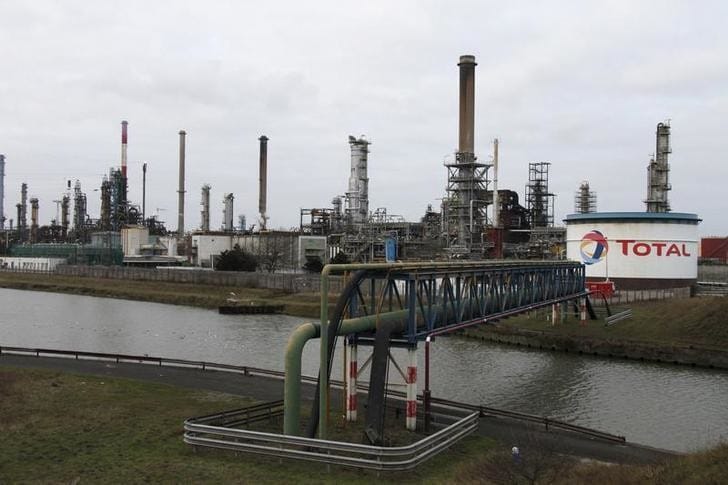France is now leading the way in the battle against climate change

President Emmanuel Macron is turning the country into a beacon of environmentalism Image: REUTERS/Jacky Naegelen

Get involved with our crowdsourced digital platform to deliver impact at scale
Stay up to date:
France
It is not among the world’s biggest producers of oil and gas, nor the biggest consumers, but France is hoping to become an environmental pioneer with its decision not to issue any more oil and gas exploration licences.
The government, under newly elected President Emmanuel Macron, has vowed to take the step as part of a transition towards more environment-friendly energy sources.
Nicolas Hulot, an activist and "environmental transition" minister under the new government, says that the country is set to introduce new legislation in the autumn that will prevent further licences being granted for oil and gas exploitation in France and its overseas territories.
France leans heavily on nuclear for its energy sources, and neither it nor its overseas territories are major oil and gas producers. Total, its largest oil and gas company - in fact its largest company altogether - doesn’t operate any fields in its home territory.
The amount of oil France produces pales into insignificance next to the likes of the US, Saudi Arabia and Russia. That said, it does have a sizable industry based around downstream refining and petrochemicals.

However, with President Donald Trump’s recent decision to walk away from the Paris climate accord, the message that France will limit future exploration is powerfully symbolic.
Macron and Hulot also recently met former California governor and high-profile climate-change campaigner Arnold Schwarzenegger, pledging to “make the planet great again” through green initiatives.
Macron’s environmental hit list is long. In the process of campaigning for the presidency he pledged a moratorium on shale gas, alongside wide-ranging measures to encourage the use of zero-emissions vehicles and boost renewables.
Hulot, who has become something of a celebrity following a number of nature documentaries and having run as a green party candidate in the 2012 elections, prompted a few raised eyebrows when he took up a government position, given his openly anti-nuclear stance.

France gets about three-quarters of its electricity from nuclear sources, mostly domestically generated, and is largely self-sufficient in energy terms. In fact, it is a net exporter of energy.
The nuclear sector is largely state-owned via energy company EDF, and the passing of a law last year to bring the proportion of power from nuclear down to 50% is arguably a more radical move than the proposed ban on new oil and gas licences.
Don't miss any update on this topic
Create a free account and access your personalized content collection with our latest publications and analyses.
License and Republishing
World Economic Forum articles may be republished in accordance with the Creative Commons Attribution-NonCommercial-NoDerivatives 4.0 International Public License, and in accordance with our Terms of Use.
The views expressed in this article are those of the author alone and not the World Economic Forum.
Related topics:
The Agenda Weekly
A weekly update of the most important issues driving the global agenda
You can unsubscribe at any time using the link in our emails. For more details, review our privacy policy.
More on Climate ActionSee all
Santiago Gowland
April 24, 2024
Amanda Young and Ginelle Greene-Dewasmes
April 23, 2024
Andrea Willige
April 23, 2024
Agustin Rosello, Anali Bustos, Fernando Morales de Rueda, Jennifer Hong and Paula Sarigumba
April 23, 2024
Carlos Correa
April 22, 2024
Shyam Bishen and Annika Green
April 22, 2024






